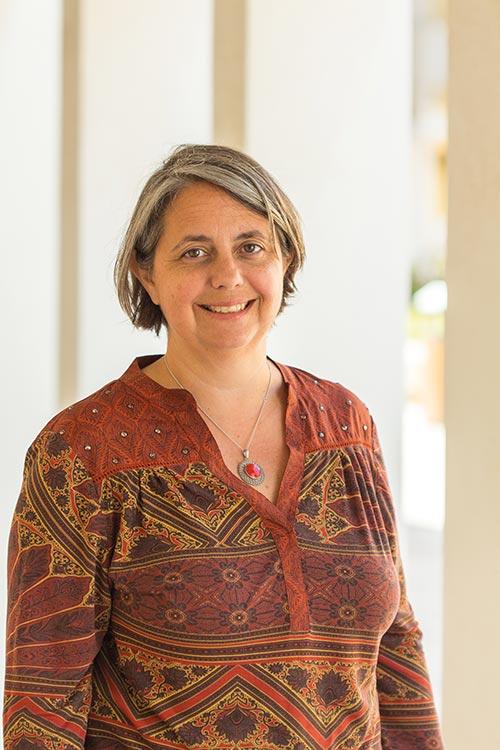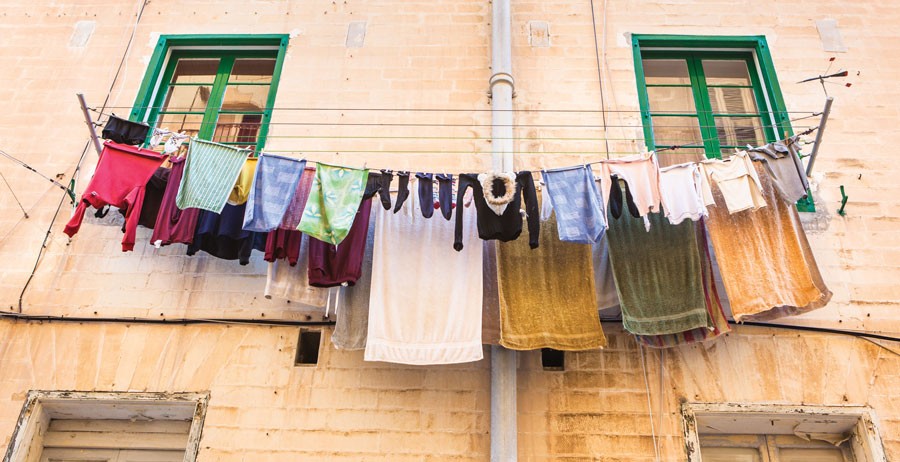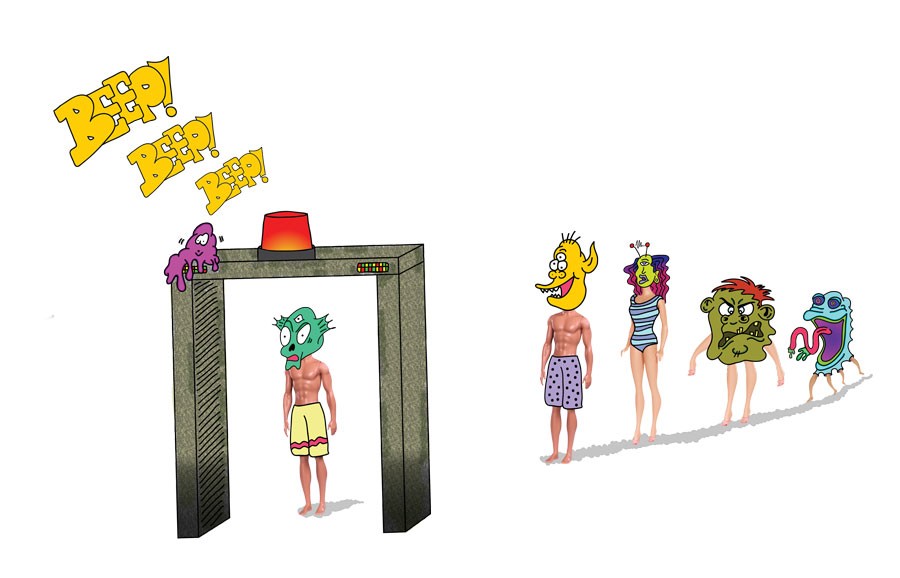Language is at the core of what makes us human. From birth, we interact through language, making our way through gurgling and babbling to words, and, eventually, telling (tall) stories. It is important to nurture this linguistic development as early as possible, and in Malta, this involves exposure and sensitivity to the forms and dialects of at least two languages: Maltese and English.
Such growth can be nurtured by setting a good example so that children have a solid language basis to build upon. Here, it all boils down to one key point: interaction. Language is a two-way process, so for a child to truly benefit, they need to interact with others from birth—TV cartoons just do not cut it.

At the earliest stages, language is all about sounds and bonds, not about learning letters or reciting a poem. However, even then a child sensitive to differences and variation in language. Children know that home language is different from what they hear outside in the wider community. For Maltese children, it is useless to place early focus on lamenting the distinction between ‘Trid ice cream?’ instead of ‘Trid ġelat?’ as both are equally well understood in Malta. What is more important is that a child has enough exposure to become sensitive to which version or dialect to use in which context. In English, we have no problem singing the nursery rhyme ‘Horsey, horsey don’t you stop…’ despite knowing that the established word is of course ‘horse’ because experience shows us that children happily grow out of their ‘baby’ language. The same is true of the different forms of languages and dialects typical in a multilingual society. As we grow older, we can become sensitive to which forms of a dialect or language are best understood in the home, amongst friends, or at work.
Apart from parents, children spend most of their me in school. If schooling is meant to be about encouraging children to reach their full potential, then this should also hold true linguistically. Just as a sporty or musical child is identified and encouraged to work on their natural talent, a child whose linguistic skill is recognisable should get the same treatment. That talent should be nurtured—they might be the country’s best lawyer in a few years’ time.
Equally, it is important to leave no child behind. A truly holistic education recognises that physical activity is vital, perhaps even more so, for the less sporty child. The same applies in languages. We must ensure that every child has the opportunity to express themselves both in speech and writing, even if they seem to struggle. After all, we don’t teach an unsteady runner how to run by making them sit and watch while we run a race for them. Similarly, children learn how to speak and write by practising the languages, not listening to (lengthy) explanations about how to use a language.
This is what nurturing skills is all about. If we want to raise con dent, knowledgeable youngsters, we must allow them to constantly practise ways to get their message across. In Malta’s rich linguistic environment, this means nurturing all our dialects and forms of language in whatever shape or form available to us. It is only through this process that we can then shape rich, meaningful forms of communication amongst ourselves, and the wider world.





